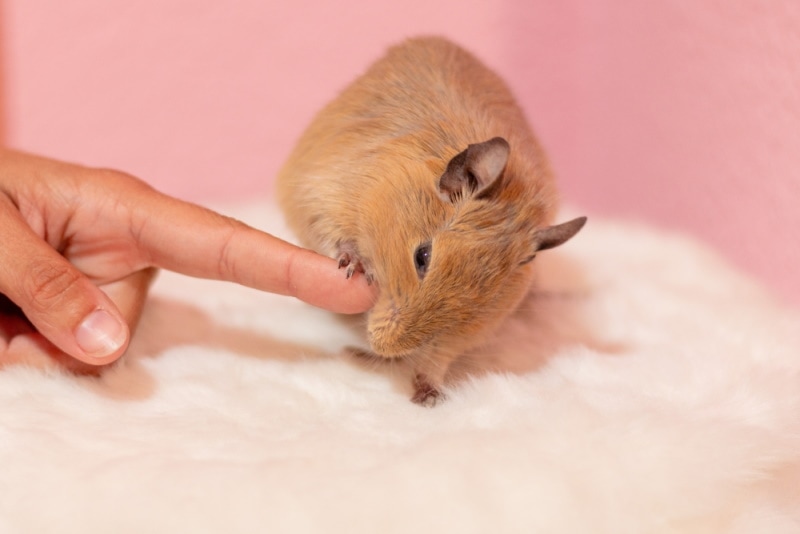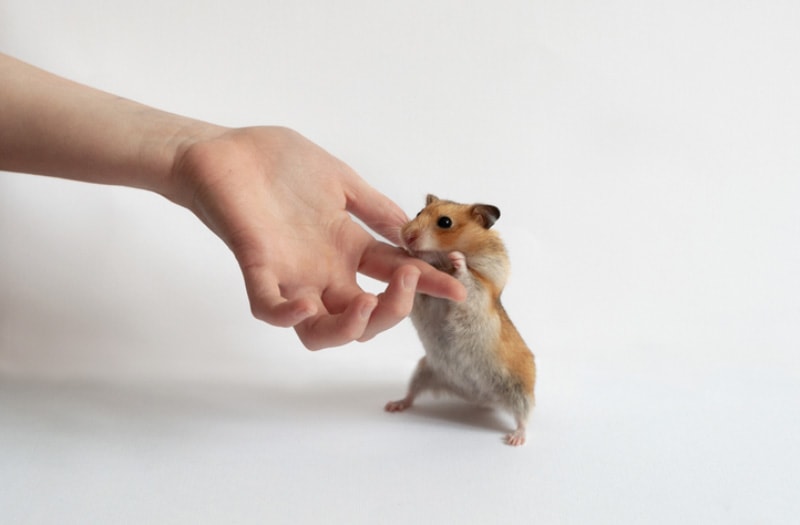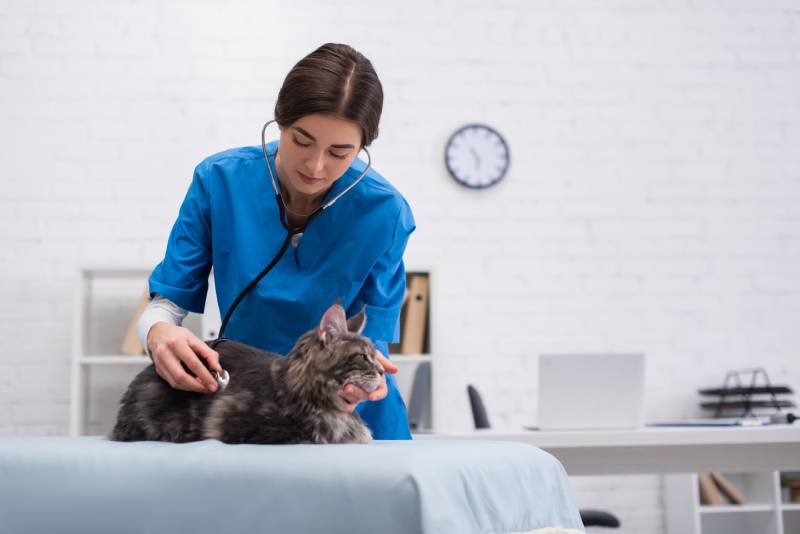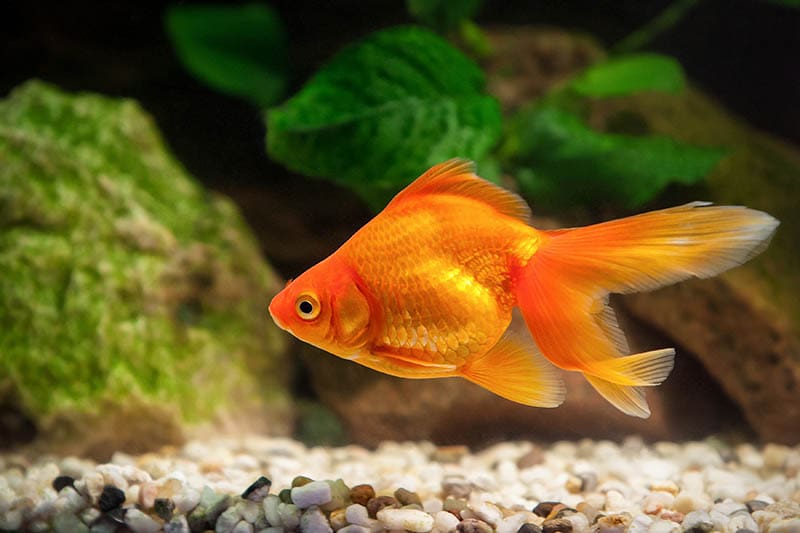Can Hamsters Have Rabies? Our Vet Explains
Updated on

Click to Skip Ahead
It is reasonable to wonder about the chances of rabies exposure when a bite occurs. There are certainly animals more likely to have rabies than others, and this is mostly based on their exposure risk to wild animals. It is highly unlikely that a pet hamster would develop rabies due to their isolation from other animals, although hamsters can get rabies, as this is a virus that can impact all mammals. Let’s learn more about this below.
Rabies Review
Rabies is a fatal virus that can impact all mammalian species. In North America foxes, bats and raccoons are common sources of the fatal virus. Once a mammal is bitten by a rabid animal, the virus in the saliva of the rabid animal invades the victim’s tissues. Over time, the virus gains access to nerves and continues to invade nervous tissue until the brain is reached. At this point, clinical signs of rabies are noted and transmission to other mammals can occur.
There are different stages of a rabies infection, with the first being the prodromal stage in which a behavior change can often be noted in affected animals. Next is the excitative stage where aggression and hallucinations occur. The final stage of rabies is the “dumb” or “paralytic” stage in which the virus has invaded the muscles. The animal is unable to swallow due to muscle paralysis, which leads to hypersalivation. As the virus progresses, muscles responsible for respiration become paralyzed and the mammal dies.

Rabies in Rodents
Rabies has been reported occasionally in rodents. The number of reports of rabies in rodents is so low as smaller animals like rodents are unlikely to survive an attack by a rabid animal, so they do not develop the signs of rabies.
Of all rodent species for rabies testing in the United States between 1995 and 2010, the most common rodent to test positive for rabies was the groundhog. Furthermore, rabies transmission from rodents to humans has not been documented.
Hamster Exposure
Hamsters are popular pocket pets that are housed indoors and in covered enclosures that do not make escaping easy. Due to their isolation from wildlife, the chances of encountering a rabid animal are incredibly slim. Furthermore, if a small hamster were to encounter a rabid animal, the chances of survival are incredibly low, making it unlikely for the hamster to be able to successfully spread the fatal virus.
Hamster Bite
If a hamster bites you, it is important to thoroughly clean your wound. If the skin has been broken, you should consider seeking your human doctor, as they will be equipped to address the wound and answer any questions that you may have. Depending on the situation, an animal that has bitten someone or another animal may be placed in quarantine and evaluated for signs of illness. Speaking with a public health official may be beneficial.

Conclusion
Yes, biologically, a hamster could develop and transmit rabies, although the chances of this occurring are incredibly low. The rarity of this is due to the isolation of hamsters from wildlife and the low chances of survival if an attack were to occur. Care should always be taken when handling pocket pets, and consultation with a health care provider may be needed in the event of a bite.
See Also:
Featured Image Credit: Boscaeta, Shutterstock











